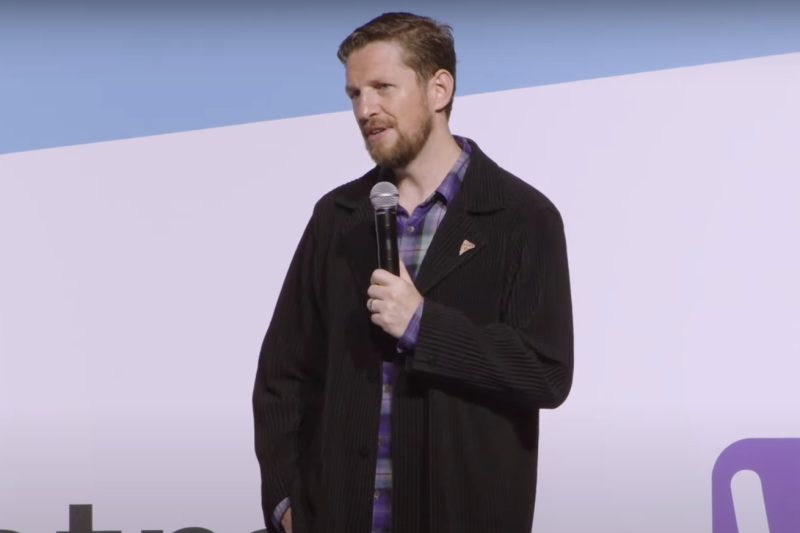The Drama Unfolds: Understanding the Intricacies of the WordPress Community
The WordPress community has long been regarded as a vibrant and diverse ecosystem of developers, designers, and users who come together to create and share content on the popular platform. However, recent events have highlighted a darker side to this seemingly harmonious community, with accusations of misconduct, censorship, and power struggles coming to the forefront.
One of the most contentious issues that has plagued the WordPress community in recent times is the question of who holds the power and authority within the ecosystem. As the platform has grown in popularity and influence, so too have the stakes for those who have a vested interest in its success. This has led to intense competition and infighting among developers, plugin creators, and other stakeholders, as each seeks to gain a greater share of the spotlight.
Central to this power struggle is the role of Automattic, the company behind WordPress.com and a major contributor to the platform’s development. While many in the community view Automattic as a benevolent force that has helped to shape WordPress into the powerhouse it is today, others see the company as a domineering presence that seeks to control and monopolize the platform for its own gain.
These tensions came to a head in a recent incident involving the WordPress Plugin Directory, where a plugin developer alleged that Automattic had unfairly removed their plugin from the directory without due process. The ensuing controversy sparked a fierce debate within the community, with many questioning the transparency and accountability of the decision-making processes that govern the platform.
In addition to the power struggles within the WordPress community, there have also been accusations of censorship and suppression of dissenting voices. Some developers and users have claimed that certain individuals or groups within the community have been targeted and silenced for expressing views that are critical of the status quo. This has raised concerns about the community’s commitment to freedom of speech and its willingness to engage with constructive criticism.
Furthermore, the messy drama within the WordPress community has highlighted broader issues around inclusivity and diversity. As the platform continues to grow and evolve, there is a pressing need for the community to be more inclusive and welcoming to individuals from diverse backgrounds and perspectives. Failure to address these issues could lead to further fracturing of the community and the alienation of valuable contributors.
In conclusion, the messy drama unfolding within the WordPress community serves as a stark reminder of the challenges that arise when power dynamics, censorship, and inclusivity are not adequately addressed. Moving forward, it is essential for the community to engage in open and transparent dialogue, to foster a culture of respect and collaboration, and to uphold the values of diversity and inclusion. Only by doing so can the WordPress community truly fulfill its potential as a vibrant and inclusive platform for all.

